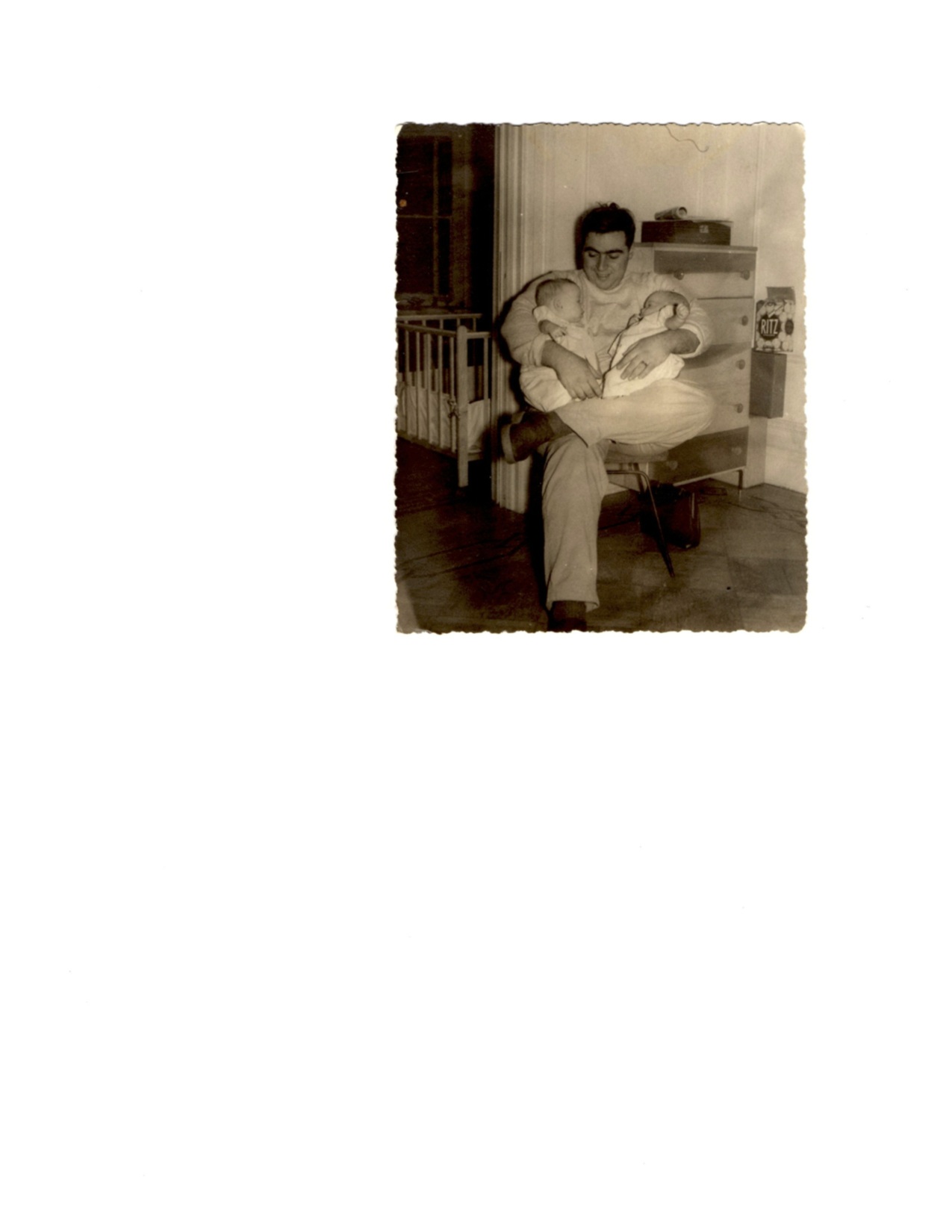The exchange between Hillary Clinton and Barack Obama in the latest Democratic debate, perhaps unwittingly, brought up the core issue that has long vexed Administrative Science: “What makes a good manager?”; and perhaps the underlying question: “What makes a good leader?” Asked to name a weakness, Obama admitted:
“And as I indicated before, my greatest weakness, I think, is when it comes to -- I'll give you a very good example. I ask my staff never to hand me paper until two seconds before I need it, because I will lose it. (Laughter.) You know. The -- you know. And my desk in my office doesn't look good. I've got to have somebody around me who is keeping track of that stuff. And that's not trivial. I need to have good people in place who can make sure that systems run. That's what I've always done. And that's why we've run not only a good campaign but a good U.S. Senate office.”
Hillary Clinton didn’t miss a beat, in capitalizing on Obama’s admission:
“… I think you have to be able to manage and run the bureaucracy. You've got to pick good people certainly but you have to hold them accountable every single day.
We've seen the results of a president who frankly failed at that. You know, he went in to office saying he was going to have the kind of Harvard Business School CEO model, where he'd set the tone, he'd set the goals, and then everybody else would have to implement it. And we saw the failures. We saw the failures along the Gulf Coast with, you know, people who were totally incompetent and insensitive, failing to help our fellow Americans.”
It was a clever move on Clinton’s part, but it took liberties with what Obama actually said, and conflated several aspects of management and leadership. Obama talked about losing pieces of paper. Clinton extrapolated to holding people accountable in a bureaucracy. Yet, these are very different things.
As Obama alluded to in his rebuttal, George W. Bush has not been accused of failing to keep track of pieces of paper. He has been accused of being unaware of major decisions of his administration, such as when he told author Robert Draper that he didn’t remember why his administration violated its own policy by dismantling the Iraqi Army; or when he was openly - and laughingly - stumped by a student’s question about the lack of legal accountability of military contractors in Iraq - a question proved prescient by subsequent contractor scandals. (Interestingly, in his answer, Bush began to explain how this was his idea of delegation). He’s also been accused of lackadaisical responses to impending crises, such as when he failed to respond to the August, 6, 2001 Presidential Daily Briefing concerning the threat of Osama bin Laden, or when he continued his vacation as the Katrina disaster unfolded.Theories of management and leadership have focused on everything from power and influence, to organizational structure. Managers must perform a delicate balancing act between micro-managing, at one extreme, and abdicating their responsibility, on the other. My favorite take on the subject comes from a person whose work inspired me to pursue a doctorate in management: sociologist and consultant, Rosabeth Moss Kanter. In her ground-breaking book, Men and Women of the Corporation, she defined power as almost synonymous with empowerment - expanding, rather than constricting, others’ abilities. In her notion of spirals of power and powerlessness, she noted that those who have traditionally been left out of the corridors of decision-making, may sabotage themselves with an overly controlling management style. This cycle is reinforced, of course, by a history of discrimination.
Interestingly, since both Clinton’s and Obama’s candidacies break barriers, they are both in a position to either transcend, or fall into that trap. Some pundits have framed the exchange between them as an example of his naiveté, and her experience. However, I tend to be more swayed by his vision of inspirational leadership, than by her vision of efficient management.





